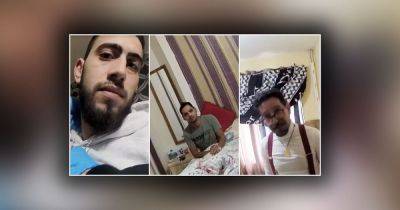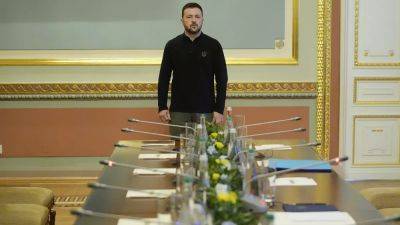Euroviews. Does ecumenicalism threaten the sovereignty of the Republic of Türkiye?
Last week, Ukrainian President Volodymyr Zelenskyy referred to Patriarch Bartholomew I of the Patriarchal Cathedral Church of St George as the “ecumenical patriarch,” a title some in Türkiye believe contradicts the Treaty of Lausanne.
However, when something is given the title of "ecumenical," it is a purely spiritual title. Since ecumenicalism is a religious and spiritual concept, it does not and cannot have any political or administrative consequences against Türkiye.
Moreover, Patriarch Bartholomew — the primus inter pares in the Eastern Orthodox Church and the spiritual leader of Orthodox Christians worldwide — has often emphasised in press statements that the church has no such demands and that this title is purely religious and spiritual.
The Republic of Türkiye is a secular state and does not interfere with the titles used by the Patriarch's Christian believers.
Moreover, the title of ecumenical, as a spiritual category, is explicitly mentioned in the Patriarchate Ordinance.
The spiritual title of the patriarch is described as "the great head of the Church of the Orient," and the phrase "Ecumenical Patriarchate" was always used on the documents issued by the Patriarchate during the Ottoman Period.
According to the Treaty of Lausanne signed on 8 January 1923, the Patriarchate was described as an "oecumenical Patriarchate".
Article 42 of the Treaty of Lausanne states that the Turkish Government "undertakes to provide full protection to the religious institutions other than churches, synagogues and cemeteries of non-Muslim minorities".
There can be no doubt that Patriarchates are included in these "other institutions".
Since it is also stated in the same article that these "établissements religieux", or religious








